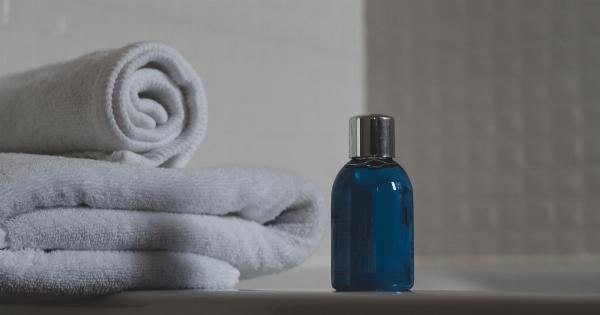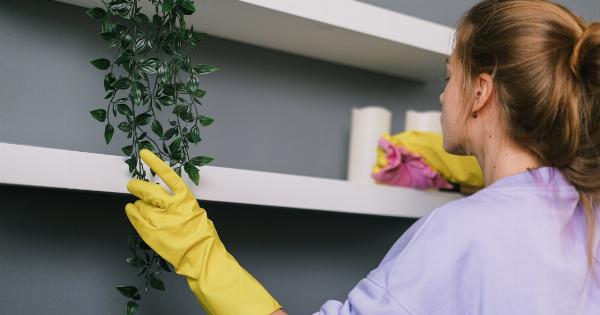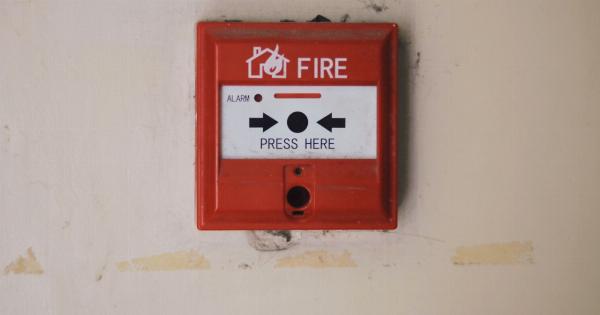How often we visit the toilet, the quality of our bowel movements, the duration we spend on the toilet, and even the position we take while on the toilet can immensely affect our overall health.
Apart from helping us get rid of waste from our body, the toilet is also a potential space for disease-causing germs to thrive if we don’t observe proper hygiene. In this article, we will explore how our toilet habits affect our health and the measures we can take to ensure optimal hygiene and prevent toilet-related health complications.
Bowel Movements
Constipation, diarrhea, and irregular bowel movements are some of the most common toilet-related problems that affect millions of people worldwide.
Constipation occurs when the body is unable to pass feces due to hardening or blockage that develops in the rectum or colon, making it difficult and painful to pass stool. On the other hand, diarrhea occurs when the body passes loose and watery feces that have a high frequency of happening. Irregular bowel movements, which can happen to anyone, occur when one sometimes experiences constipation and sometimes diarrhea.
Having regular bowel movements not only helps prevent constipation but also helps balance gut bacteria, allowing optimal digestion and nutrient absorption. The quality of our bowel movements can indicate more about our overall digestive health.
Therefore, it’s essential to pay attention to the texture, size, and color of our stool. Stool that is hard, lumpy, or small may indicate constipation, while loose or watery stool may indicate diarrhea.
Having poo that is the size and shape of a sausage is considered healthy, while discolored or tarry stools can indicate more severe health problems and warrant a visit to a doctor.
Toilet Time
While being able to pass stool is a crucial function of the toilet, spending too much time on the toilet can be detrimental to our health.
Sitting on the toilet for long periods can lead to hemorrhoids or piles, which are swollen veins in the anus or rectum. Hemorrhoids can become painful, and in severe cases, lead to bleeding or infection.
The posture or position we take while on the toilet can also have an impact on our digestive health. The traditional sitting position can put unnecessary strain on the colon and rectum, which can lead to constipation or hemorrhoids.
On the other hand, the squat position, which is said to be the more natural position to have a bowel movement, can make passing stool a lot easier and prevent the development of hemorrhoids. Using a squatting stool to lift our legs while sitting on the toilet can simulate the squat position, making bowel movements more comfortable and efficient.
Personal Hygiene
Personal hygiene is crucial in preventing the spread of germs and diseases, and the bathroom is one of the most important areas to observe hygiene.
Washing hands with soap and water after using the toilet can prevent the spread of fecal bacteria, which can cause diseases such as salmonella and E. coli. Also, keeping the toilet bowl clean and dry can prevent the growth of germs and bacteria that can cause urinary tract infections and other toilet-related infections.
Toilet Psychology
Using the toilet can be a private and personal experience for many people. However, some individuals may feel embarrassed or anxious about using public toilets or toilets outside their home, leading to the avoidance of these facilities.
This phenomenon is known as toilet anxiety, and it can manifest in various ways, including fear of contamination, fear of being overheard, or difficulty passing stool in a new environment.
Toilet anxiety can lead to more severe health problems such as constipation and urinary tract infections, as individuals may avoid using the toilet until it’s too late.
Taking deep breaths, using noise-masking techniques such as flushing the toilet, and carrying antibacterial wipes or hand sanitizer can help alleviate toilet anxiety and promote optimal toilet habits.
Conclusion
Our toilet habits play a significant role in our overall health and well-being. From the quality of our bowel movements to the duration we spend on the toilet and the position we take while there, each aspect of our toilet routine has an impact.
Ensuring optimal personal hygiene, adopting a healthy squatting position, and addressing toilet anxiety can go a long way in promoting optimal toilet habits and preventing toilet-related health problems.































